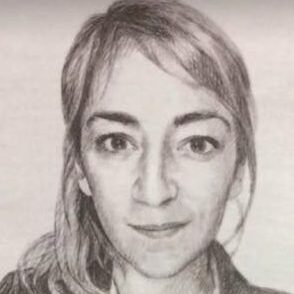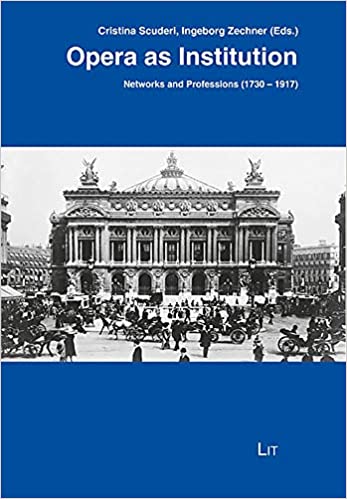The Académie royale de musique during the Ancien Régime: a few details about a political system
In her numerous studies of French opera, Catherine Kintzler showed how this genre fits into the poetic system of the theater classique. In this article, I postulate that the O/opera also fits squarely into a political system. The creation of the Paris Opera dates back to 1669 when the King conferred privileges to Pierre Perrin. Built on grounds eminently political, the institution originally produced entertainment for the court, specifying the rules of the art and reflecting the glory of the sovereign. Over the course of the eighteenth century, following the ‘decentralization of pleasures’ that now dedicates the triumph of Paris on Versailles, the statutes of the institution evolved: it moved from personal to stage management, first linked to the Paris municipality between 1749 and 1780, then to the “department des Menus-Plaisirs” (until the French Revolution). At the same time, the monarchical state was characterized by a progressive disembodiment of royal power: within the Opera’s repertoire, the aesthetics of incarnation actually devolved to an aes-thetics of representation. Any study of the Académie royale de musique under the Ancien Régime therefore requires taking into account a system of artistic networks in which aes-thetic and political elements interact. The purpose of this article is thus twofold: to trace how this complex form of French opera develops and recomposes on the long time; and to demonstrate how the serious lyric genre testifies to a dual process of institutionaliza-tion and formalization of music, on the one hand, and the adaptation of political norms to music on the other.

